Do you know which is the largest organ in your body? It's your skin, covering almost 20 sq ft. Therefore, to keep it clean and hygienic, you must entrust it with proper soap. Today, the soap industry has become a booming business, and most soaps have caused havoc to the environment and the skin due to the usage of harsh chemicals.
This is because most of the commercial soaps in the market use petroleum-based surfactants, synthetic colors and fragrances, and chemical-based preservatives. These strip your skin of its natural oils, causing irritation and dryness and, in extreme cases, organ damage or cancers.
Not only this, but their production is harmful to the environment too. If you are still unaware of the ill-sides of the store-bought soaps you use, then keep reading to uncover the hidden truths!
Uncovering the Hidden Truths of the Personal Care Industry
The beauty and personal care industry is not just a massive market, but a colossal one worth billions of dollars. Yet, what is the environmental price we pay? Chemical-filled soaps have become a part of our daily lives, yet their true impact on the environment is often disregarded.
From production to disposal, commercial soaps can harm wildlife, water systems, air quality, and more. But here's the thing- you have the power to make a difference. By understanding the dangers of commercial soaps and their environmental impact, you can make informed choices and contribute to a healthier planet.
-
The Manufacturing Process
It's true! Potentially harmful chemicals are extensively utilized in manufacturing commercial soaps. Additionally, the process involves excessive consumption of precious natural resources.
But the worst part is that the waste generated after manufacturing the soaps is even more disastrous because most of them are let into the water, making it nearly impossible for any treatment, thus leading to a never-ending cycle. As a result, air, water, soil, and underground water systems get contaminated, adding to further degradation of the environment.
-
The Ingredients
Some of the harmful ingredients incorporated into commercial soaps are sodium lauryl sulphate (SLS), triclosan, petrochemical derivatives, synthetic colours, phthalates, parabens, and BHT. They contribute to cleansing, moisturising, creating foam and lather, antimicrobial properties, adding colour, and increasing the soap’s shelf life.
As beneficial as they seem to be, in the long run, they are a threat to your skin health. For instance, Sodium Lauryl Sulfate (SLS) is praised for its ability to effectively remove dirt and oil. However, it has some threatening side effects, such as dryness, stripping away the skin’s natural oils, creating irritations, and triggering dermatitis.
Moreover, it can make the skin permeable, which means your skin will no longer resist the harmful substance that enters through it into your body. Likewise, each ingredient has its long-term health effects that not only affects your skin but also your overall health.
-
The Disposal
Improper disposal of commercial waste, especially soaps, is a pressing issue that significantly impacts the environment. The widespread use of soaps and their disposable packaging contribute to the generation of a substantial amount of waste.
If not managed correctly, these products can introduce harmful chemicals and pollutants into the environment. For instance, the major problem is the improper disposal of the packaging used in commercial soaps.
This can lead to a build-up of plastic waste that can further contaminate the soil and the underground water table thereby cycling back to affect human health. If it is dumped into the ocean, it can threaten the life of the fragile marine ecosystem thereby cycling back to causing climate change affecting our daily livelihood.
It's Time to Treat Your Skin and Environment Better
Today, all these threats about commercial soaps have become an eye-opener for many to switch to organic body soap options. These soaps are predominantly handmade using natural ingredients and processes that do not affect the environment or your skin.
In 2023, the global organic soap market was valued at USD 2.29 billion, and it is expected to increase to USD 3.55 billion by 2030, showing a CAGR of 6.5% over the forecast period from 2024 to 2030. Some of its benefits include:
-
Excellent Moisturising Ability
The use of organic soaps brings forth the advantage of glycerine being a by-product of the production process. Glycerine functions as an exceptional skin moisturizer by attracting moisture to the skin and locking it in.
-
Animal Friendly and Cruelty-Free
One of the notable benefits of using natural, organic soaps is the peace of mind that comes from knowing they do not inflict harm on animals during testing or production. The ingredients are primarily plant-based, with the rare inclusion of animal fat. Additionally, these soaps are organic and do not rely on large industrial facilities that typically result in significant environmental harm.
-
Numerous Choices
Organic soaps are typically crafted in small quantities by local artisans. Producing in small batches allows for better quality control and a diverse range of products. This method enables quick adjustments to scents and styles without the need to modify large-scale manufacturing equipment.
As a result, these soaps are highly customizable. Consumers can choose from a variety of options, including color, batch size, size, shape, texture, scent, and other unique features. Most importantly, they are on our skin as well as nature. Brownie points: it smells amazing!
Conclusion
The environmental impact of commercial soaps can be far-reaching and harmful, particularly in the long term, from production to waste treatment. Opting for natural and organic soaps crafted with environmentally friendly ingredients and packaging helps us protect the planet and ensure a healthier future for generations to come! Therefore, take a step towards a healthy future by investing in the wide range of organic soaps at Brown Living!
Check out Organic Body Soap:

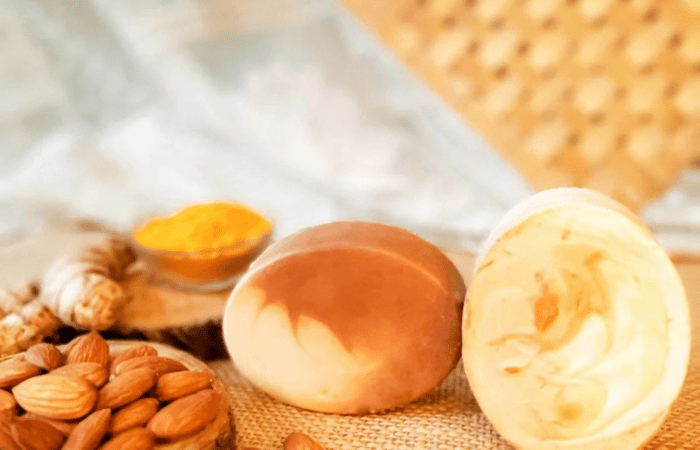

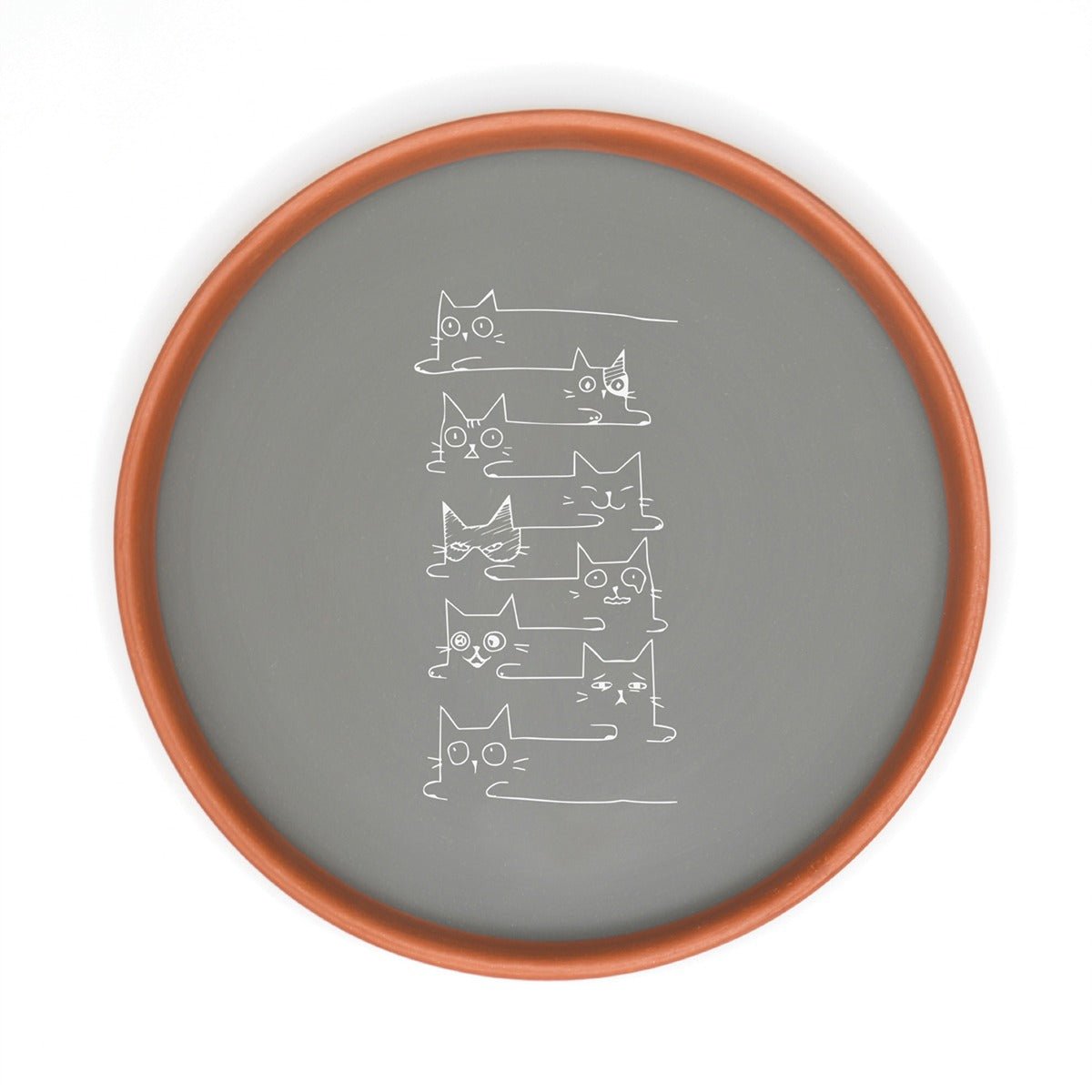
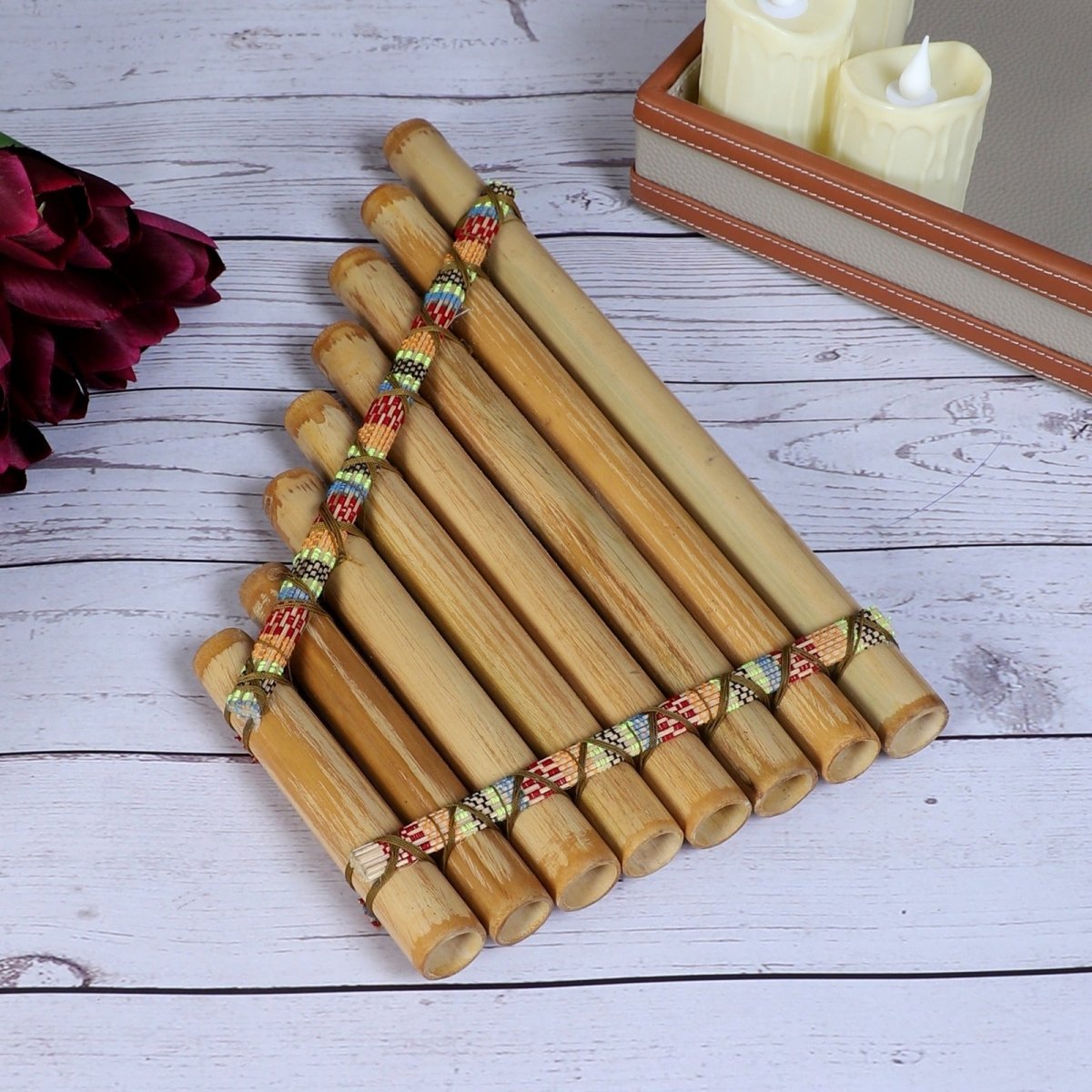


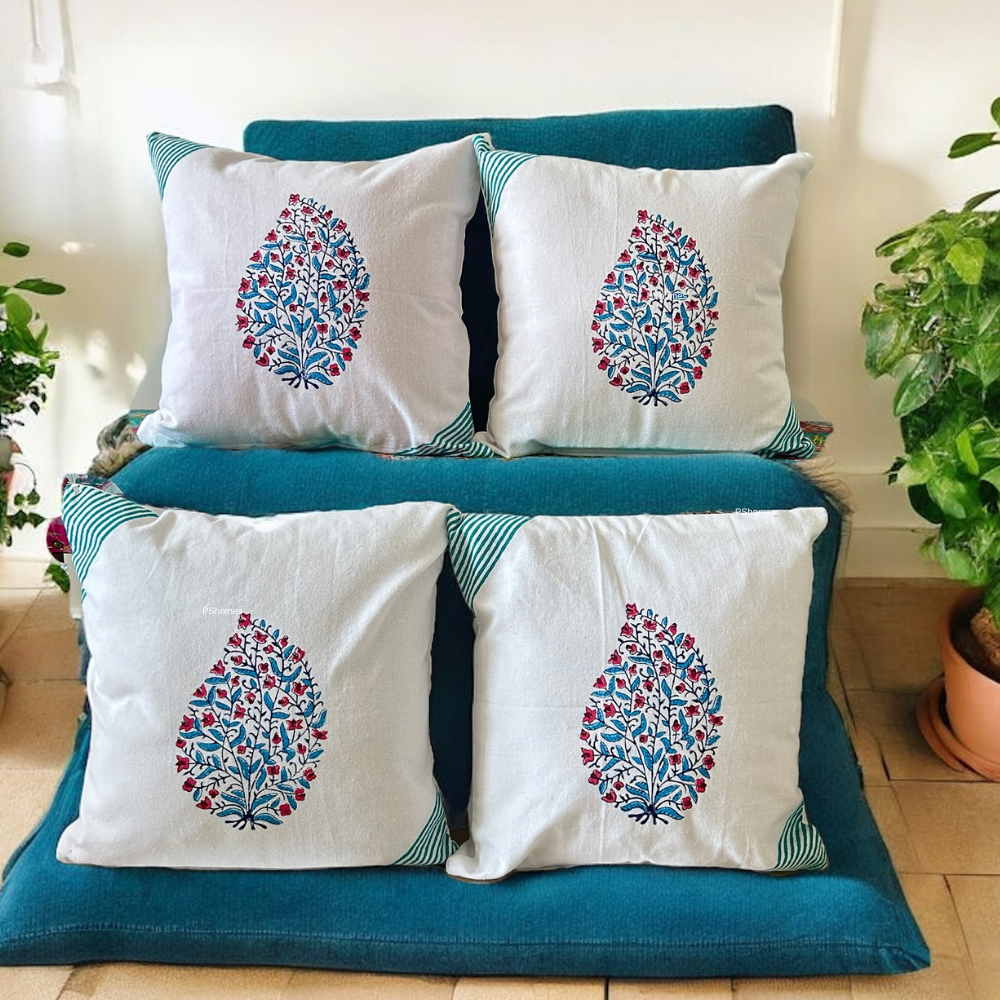
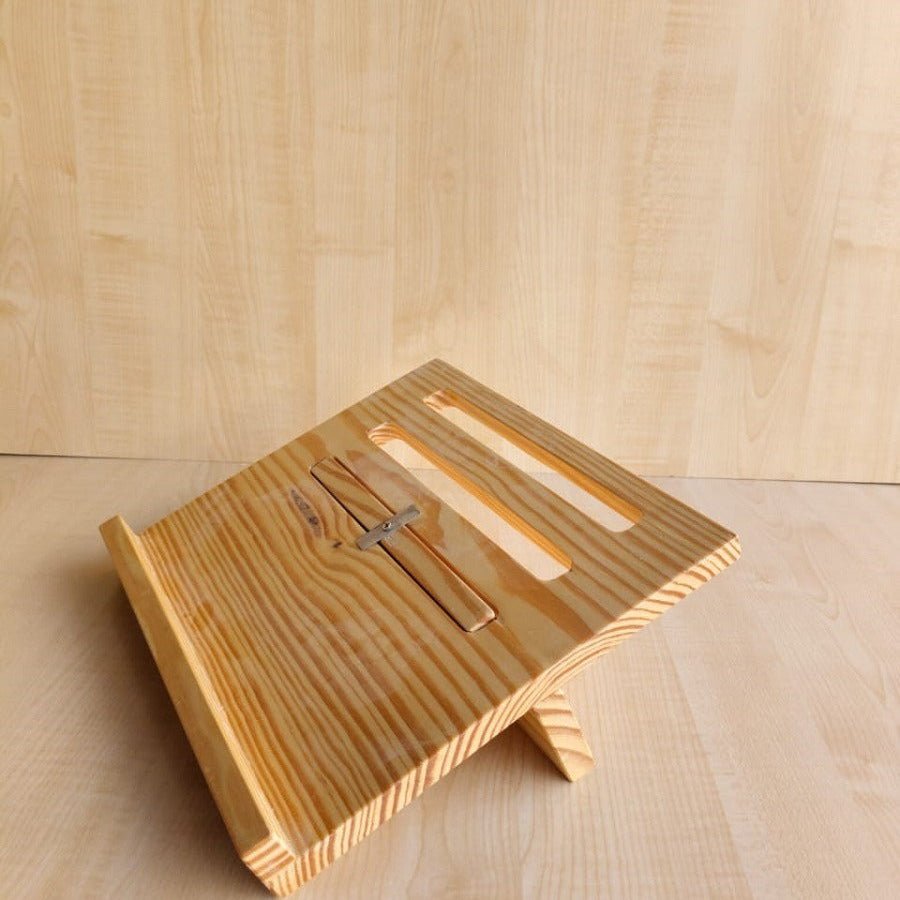
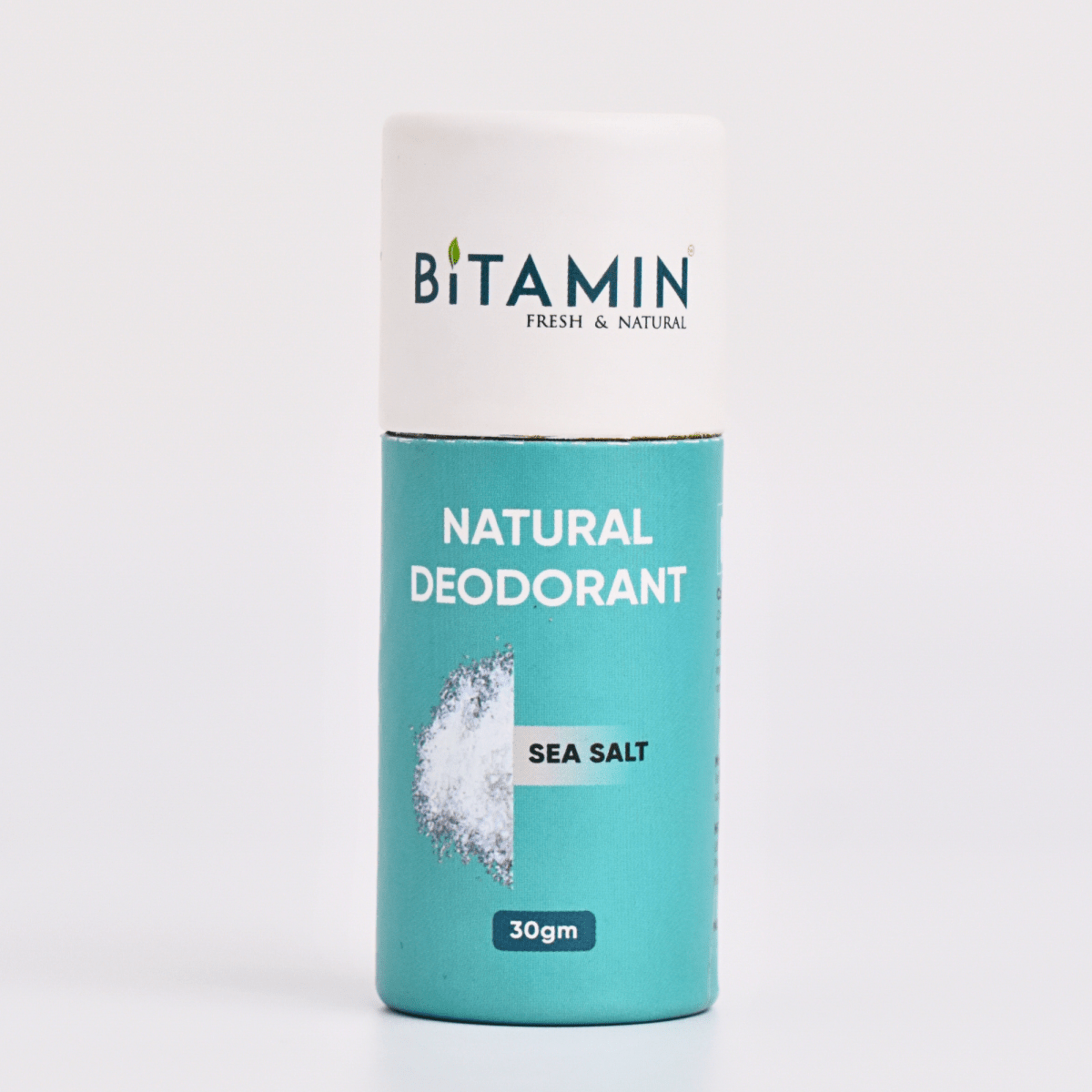
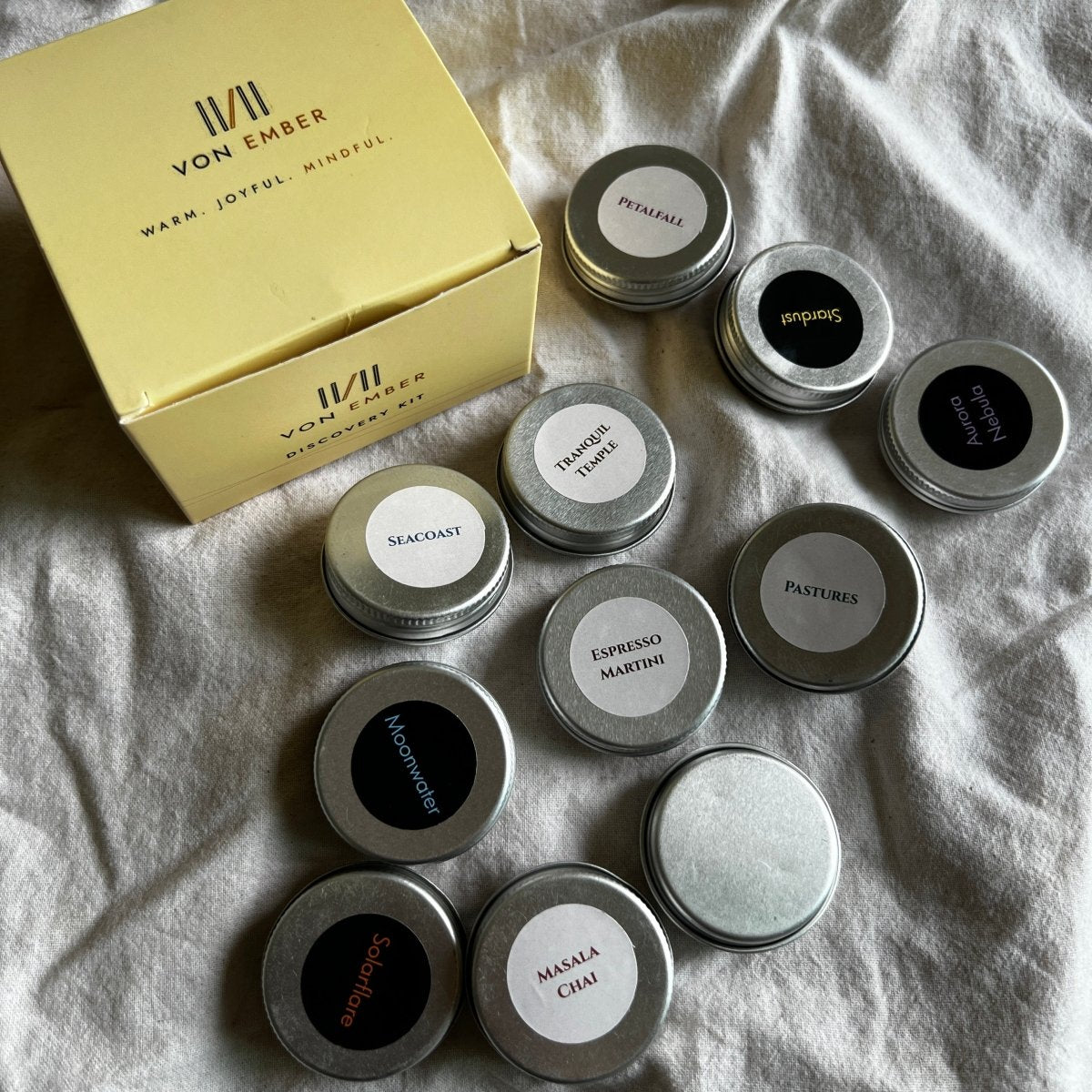
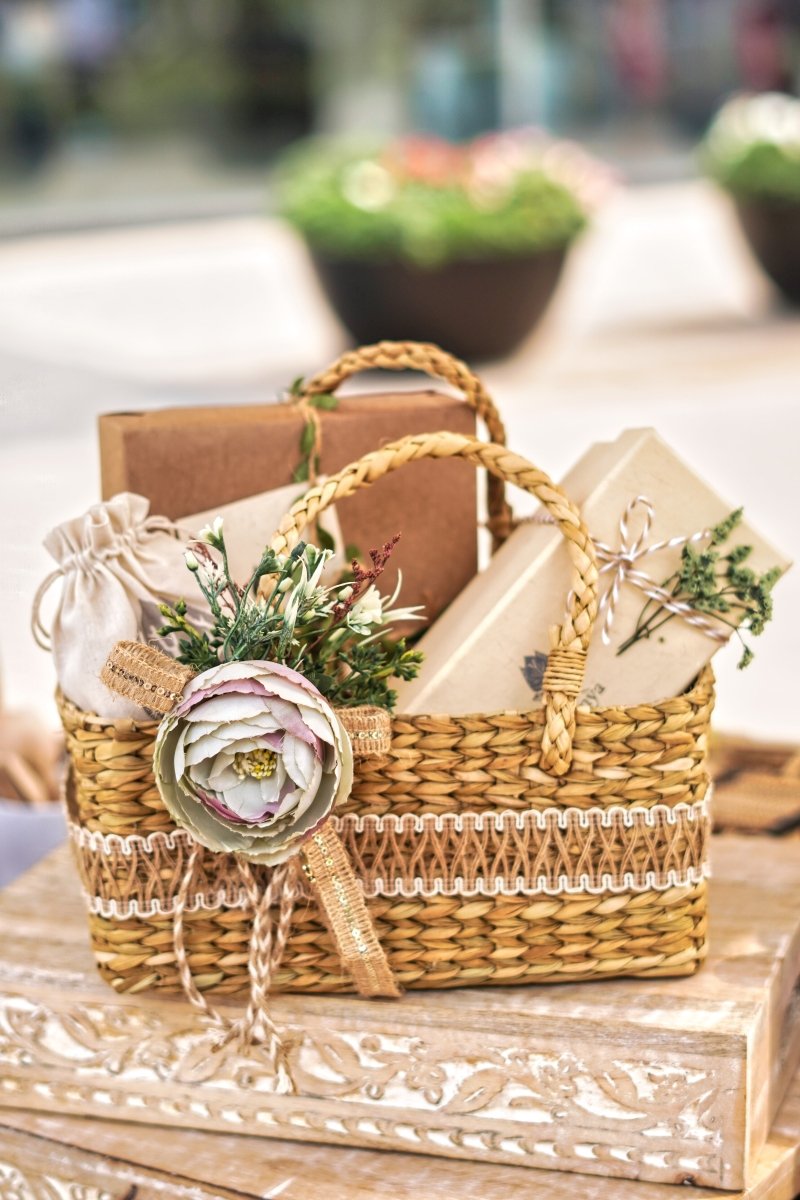
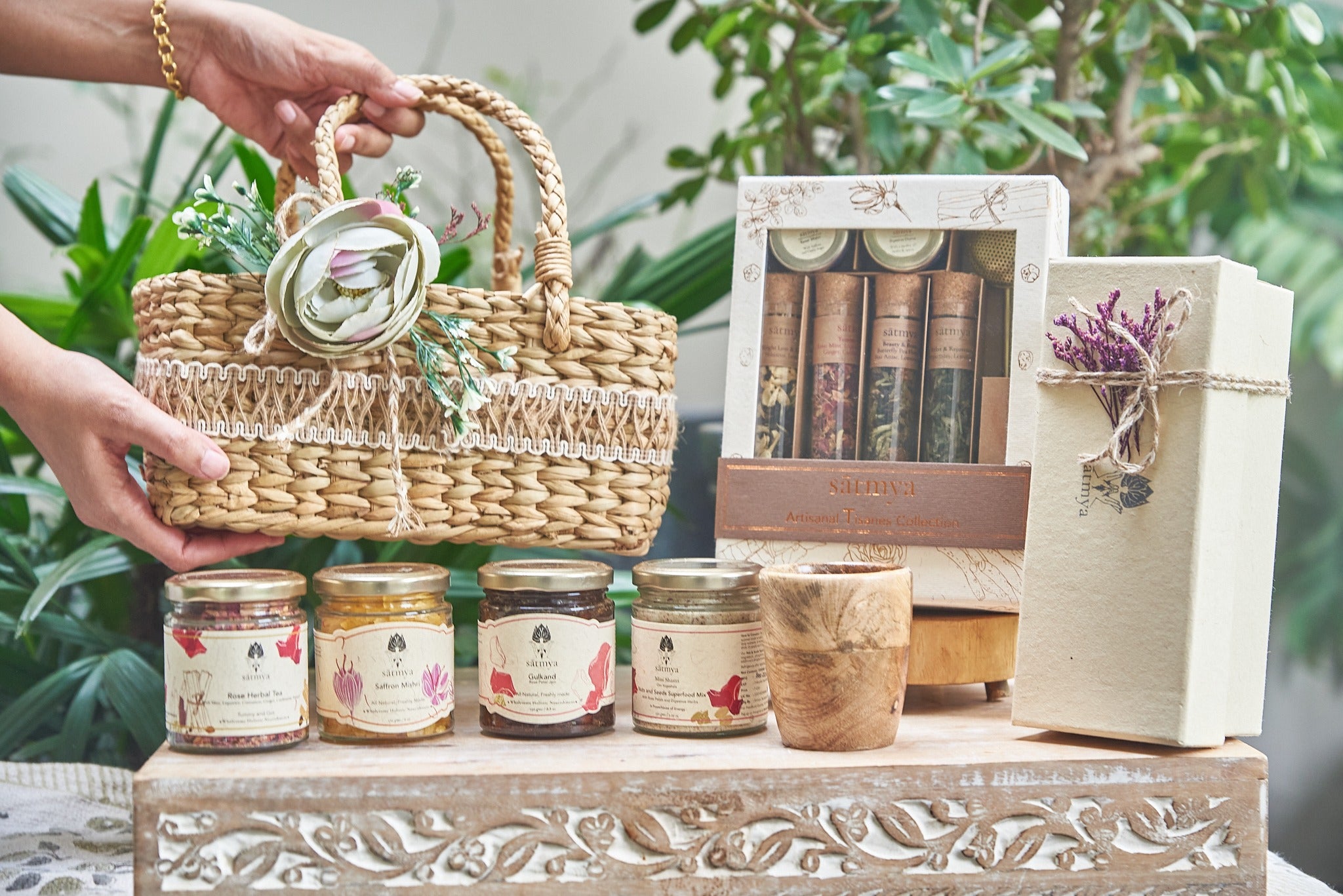
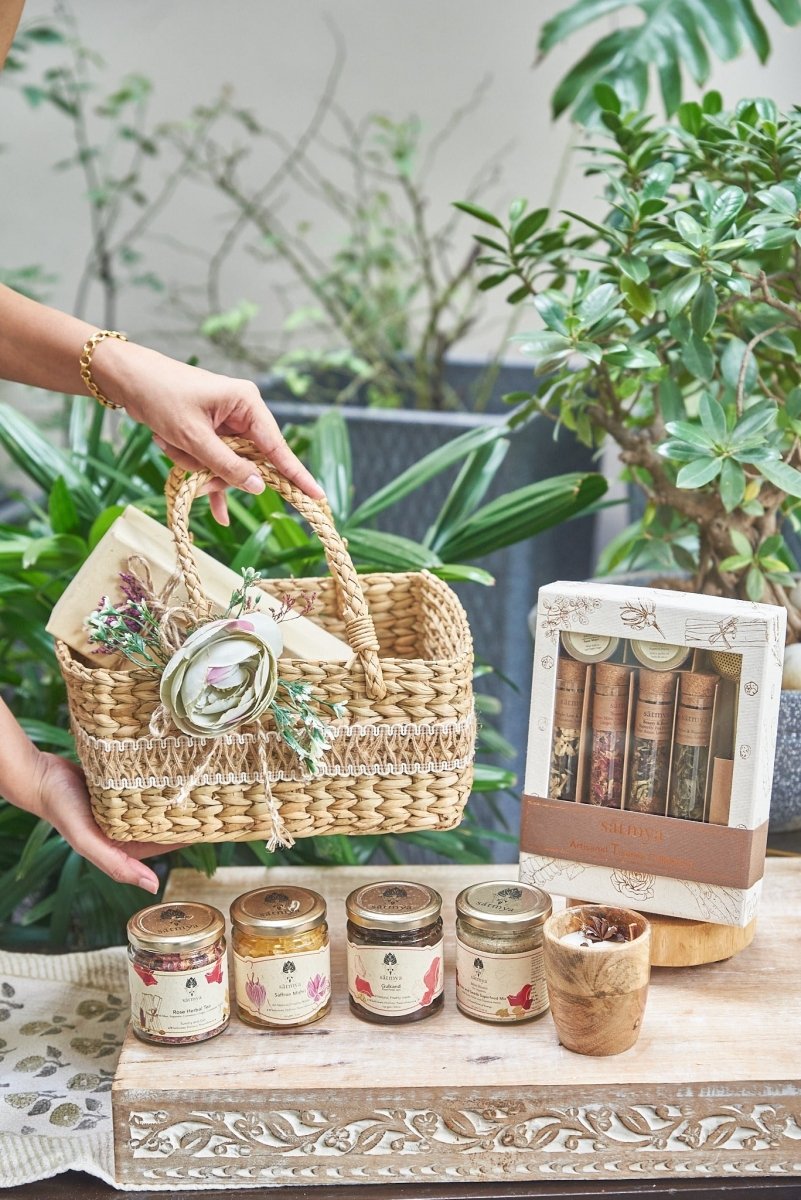
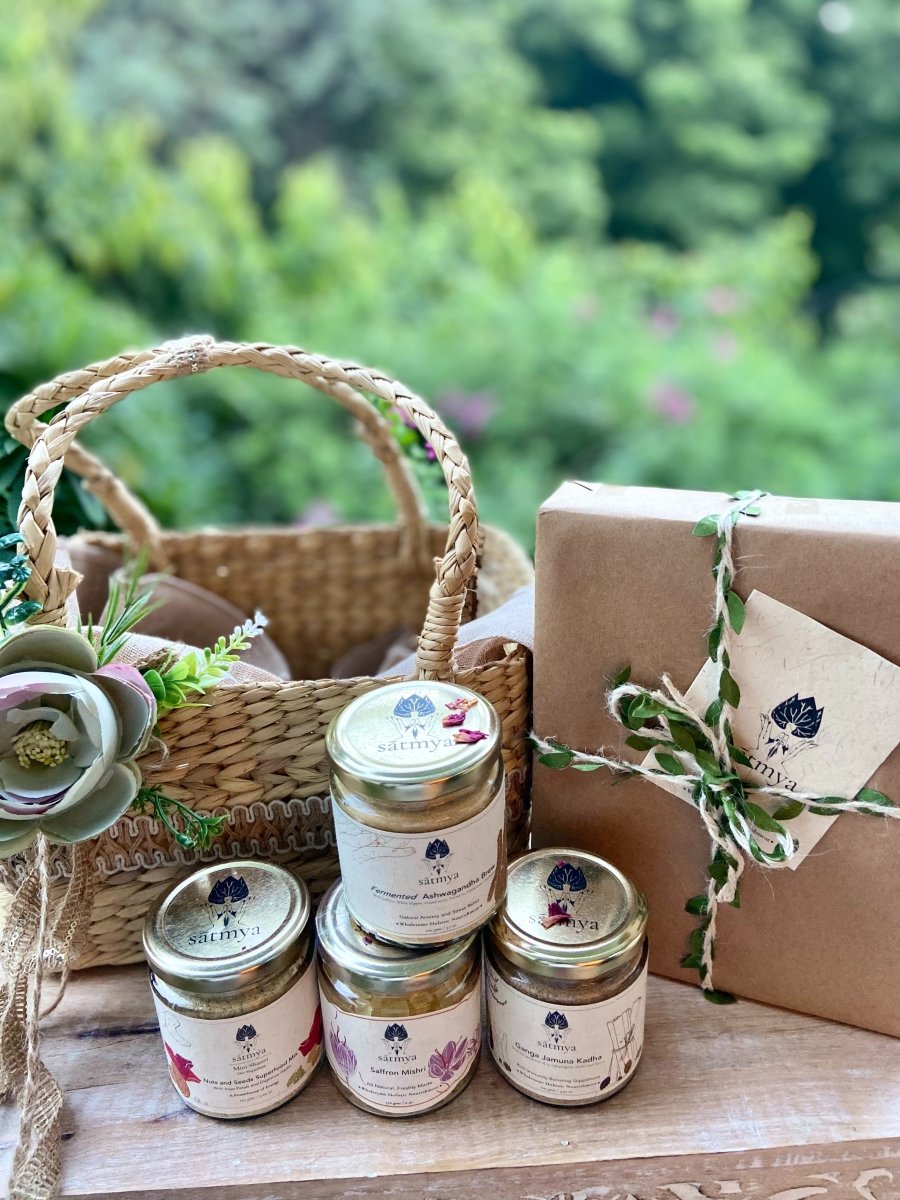
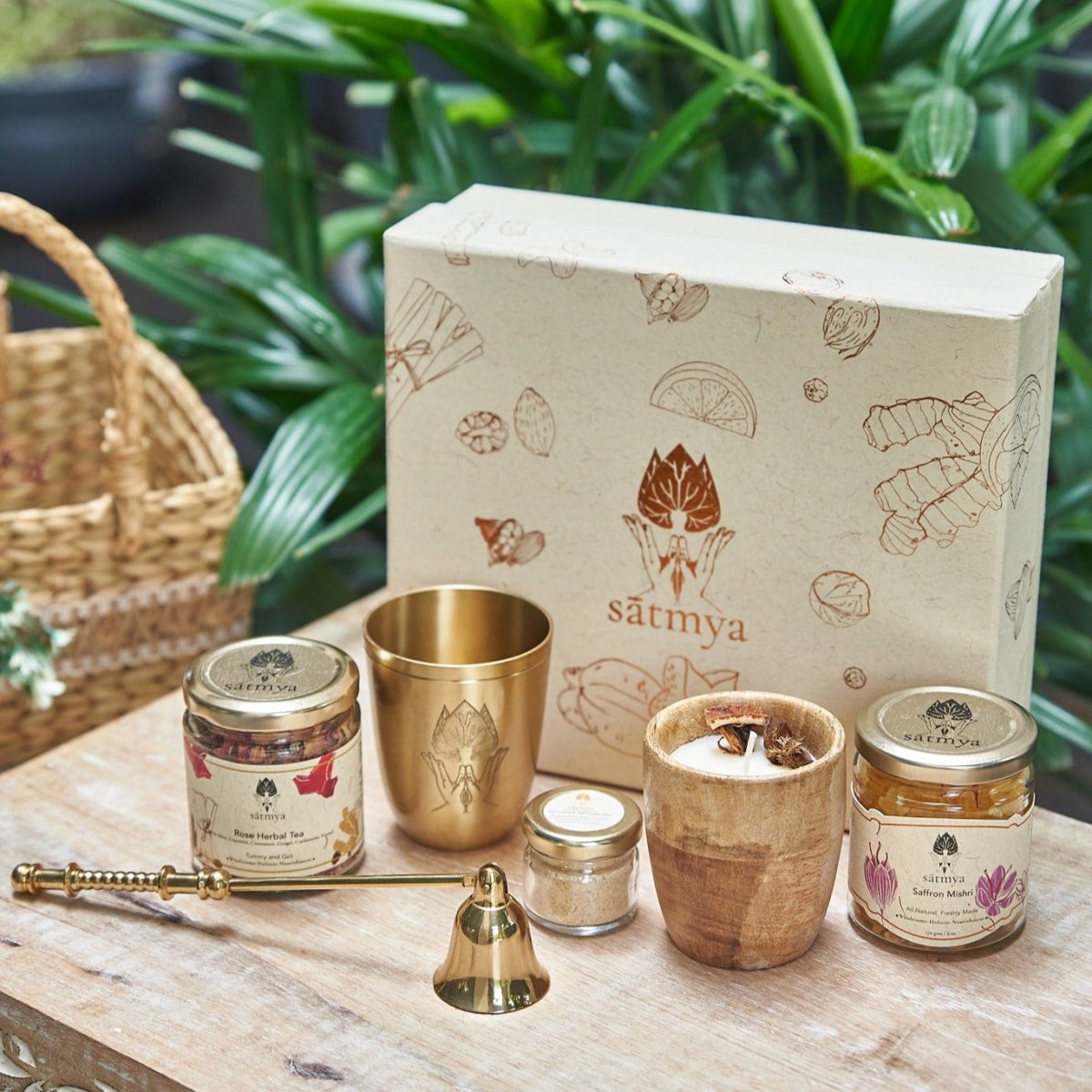

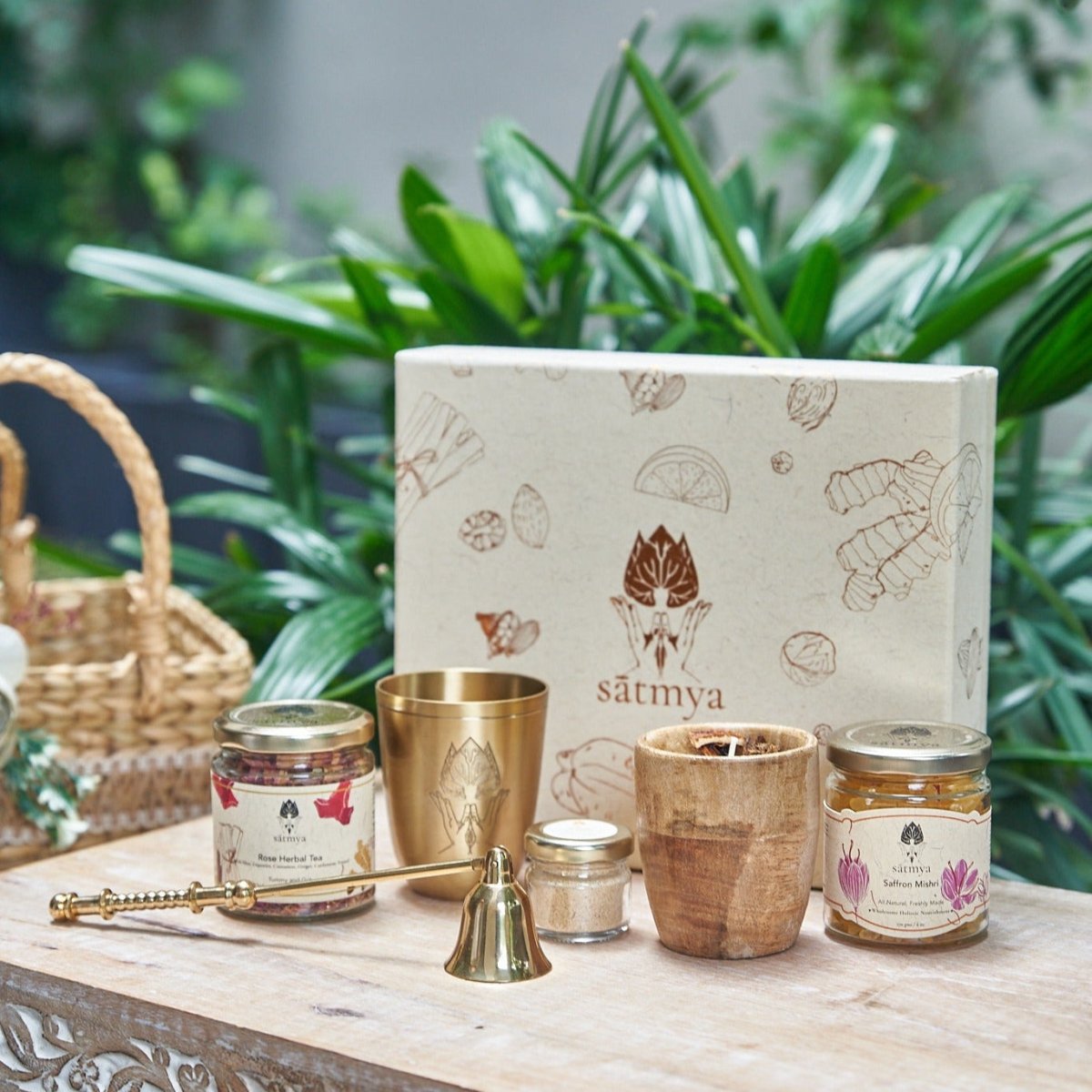
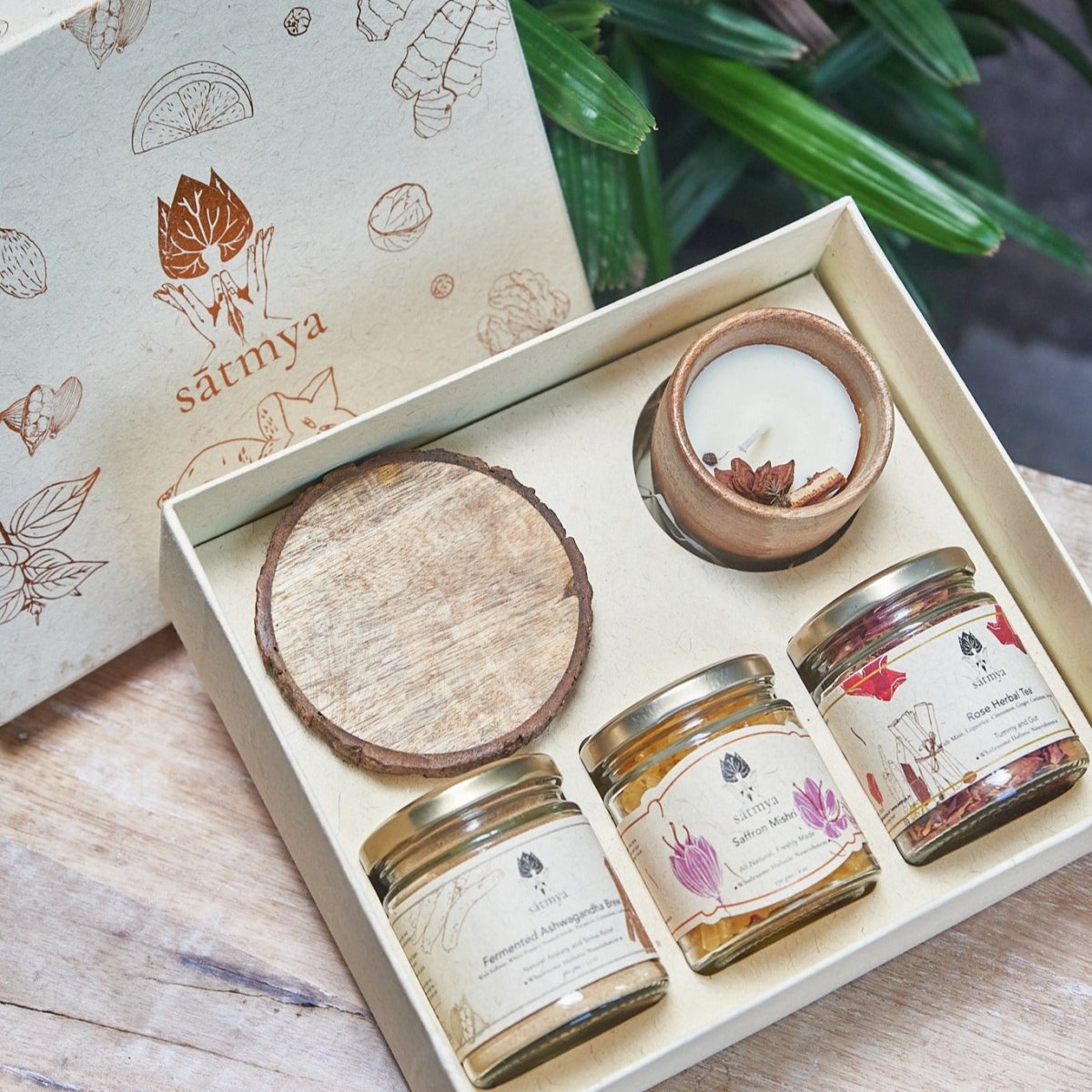

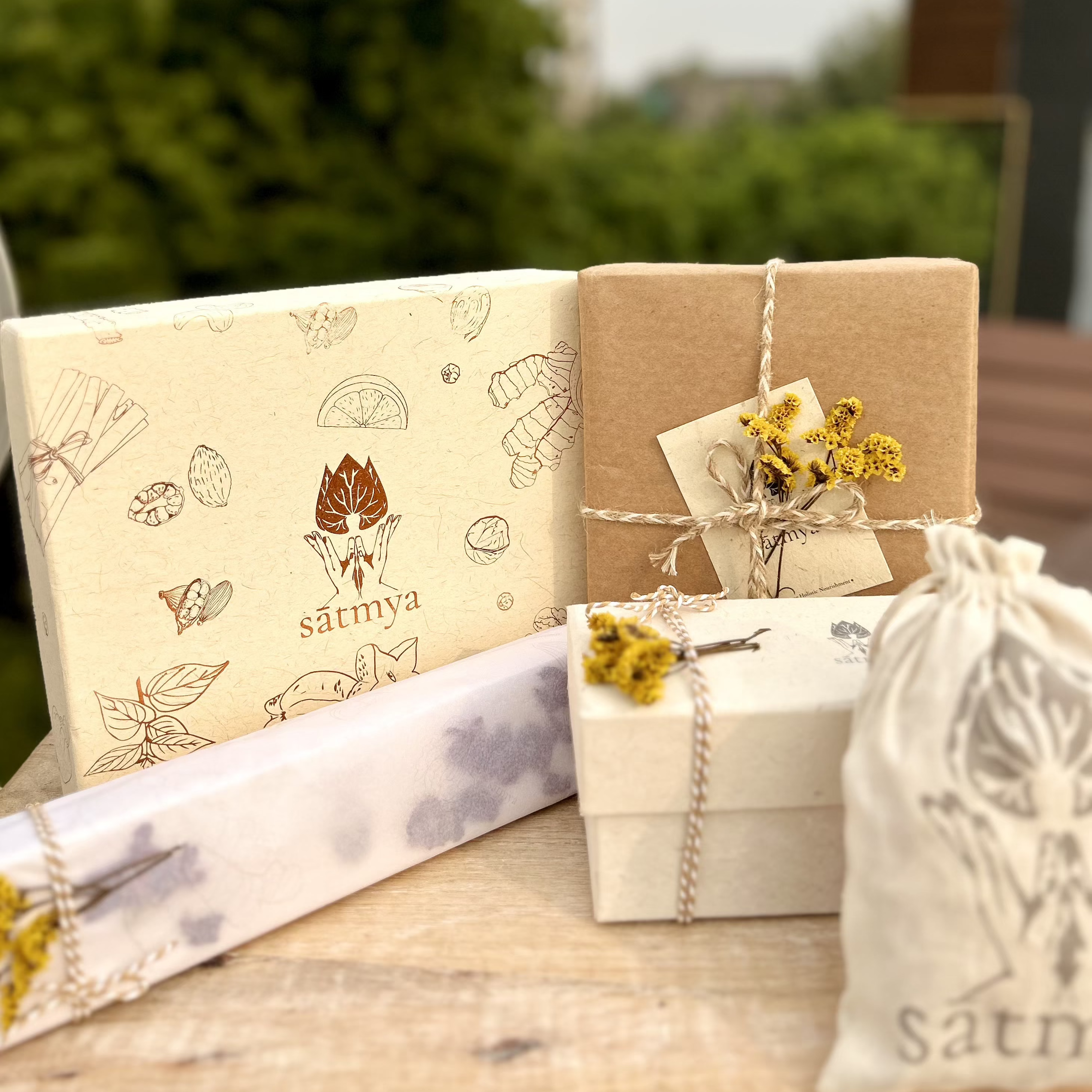


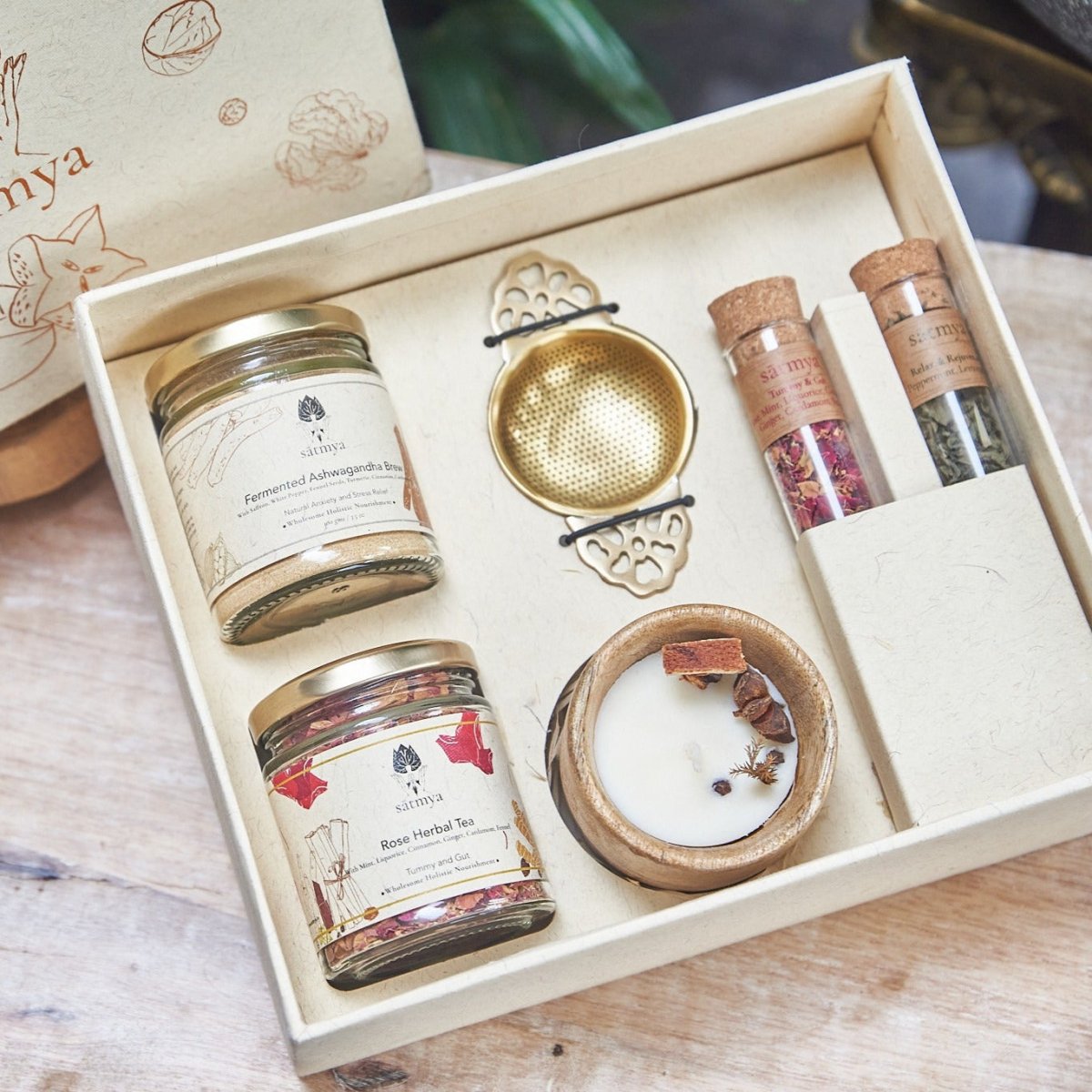
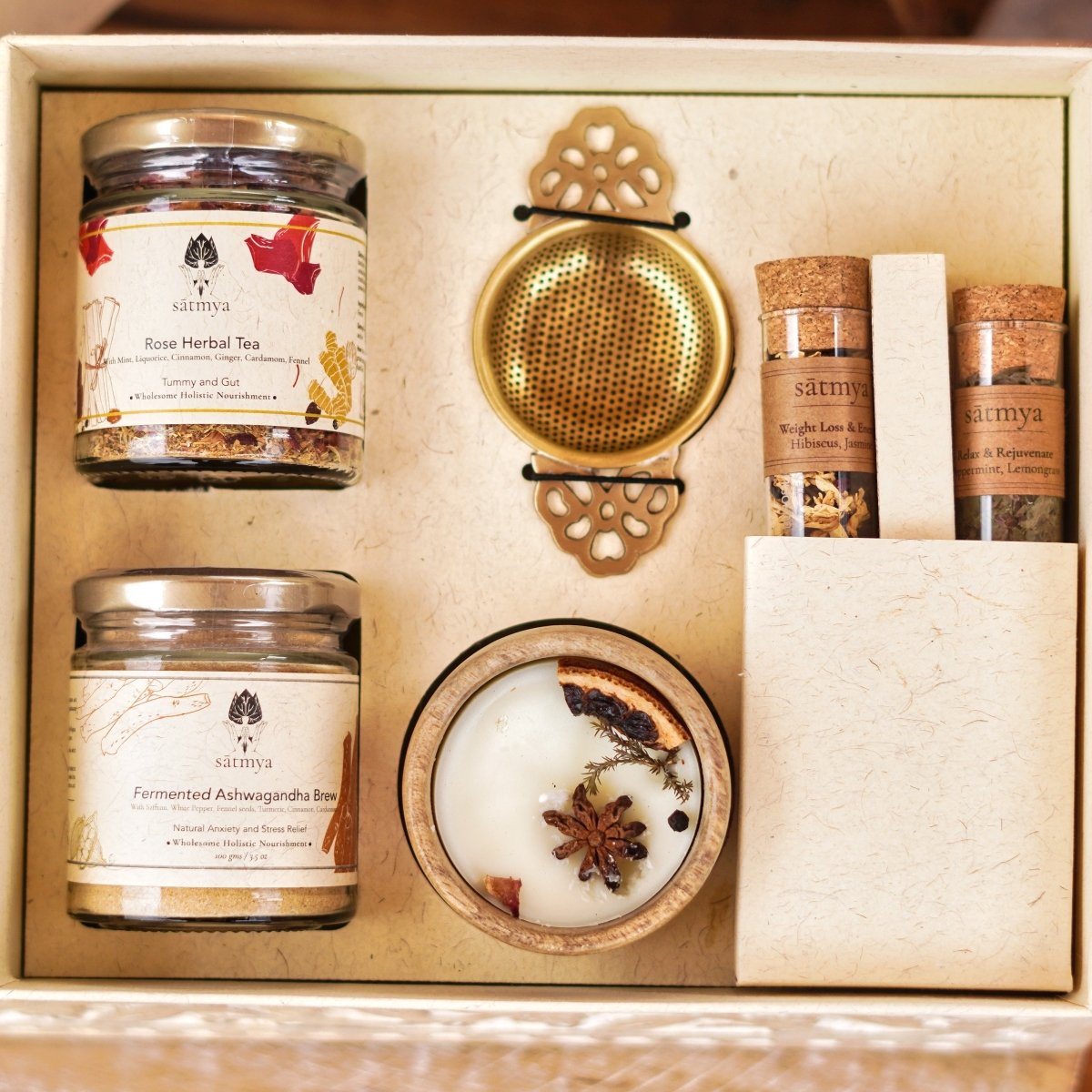
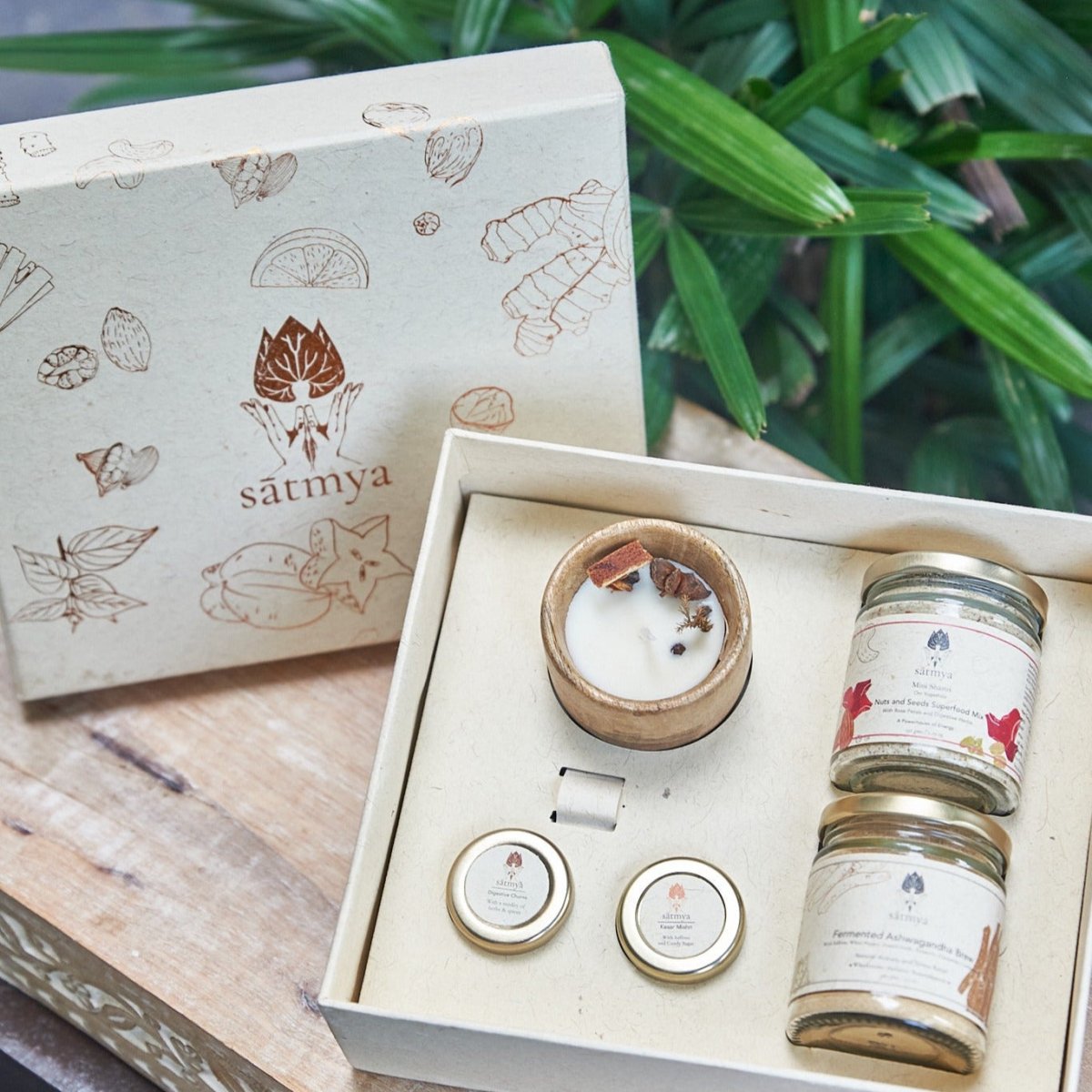
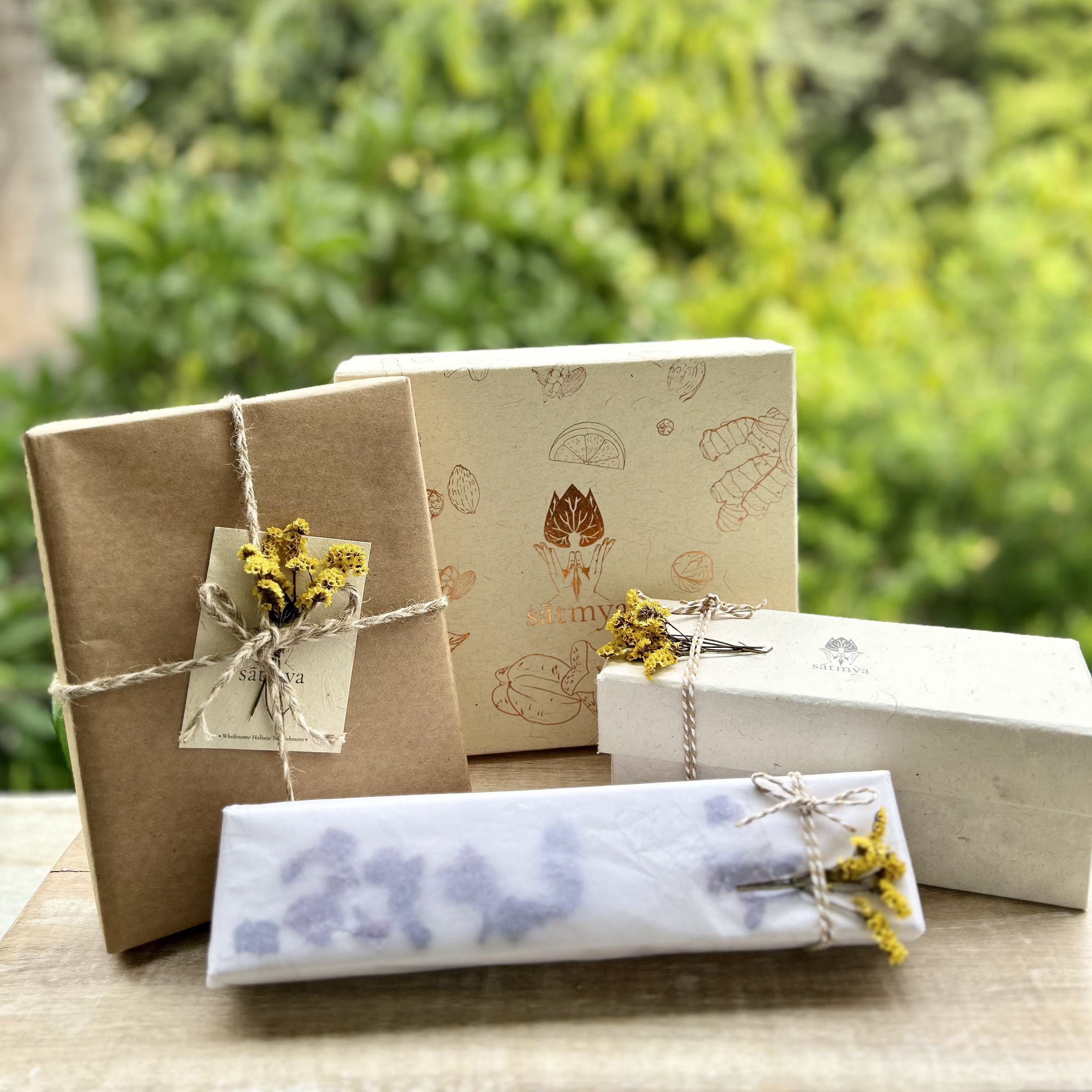
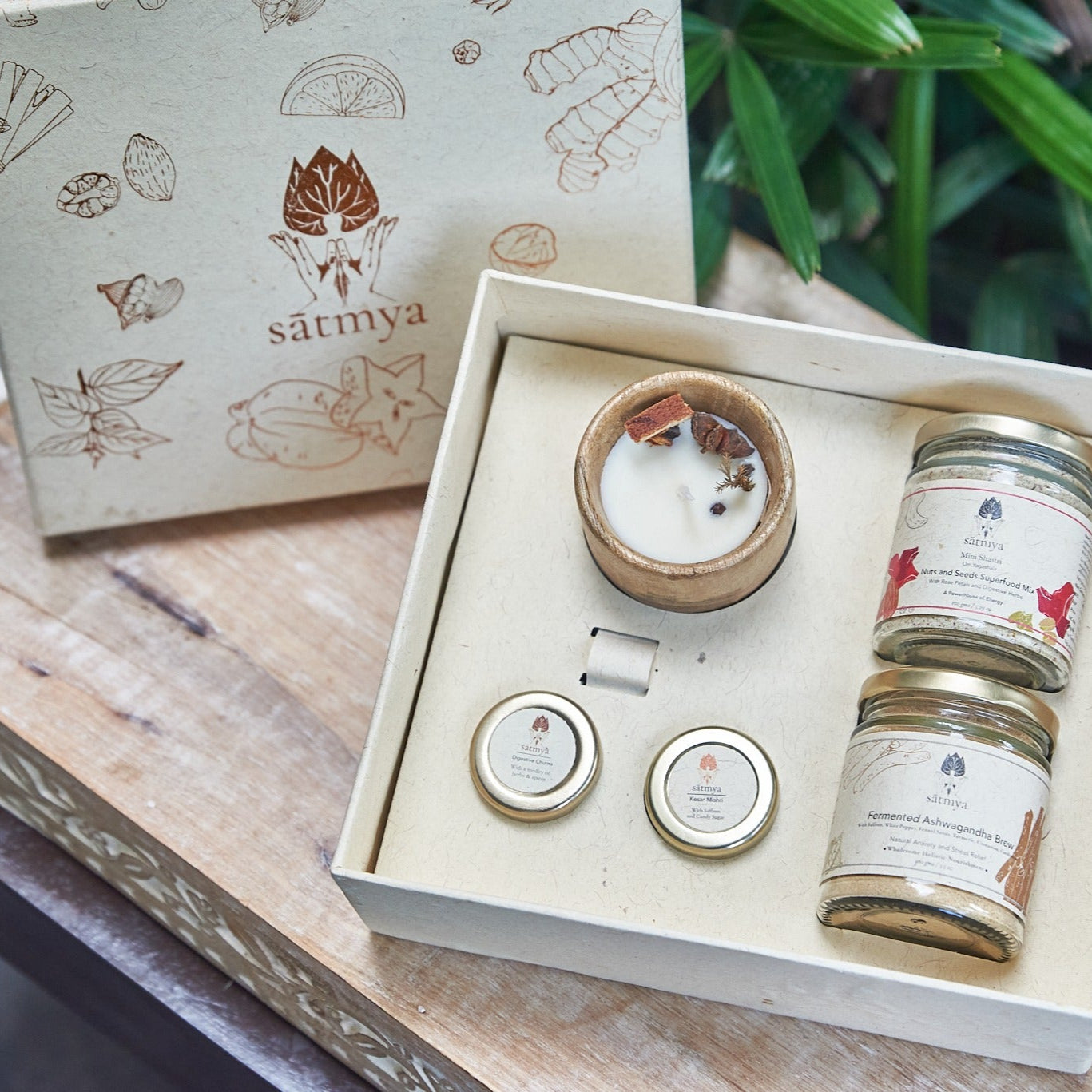
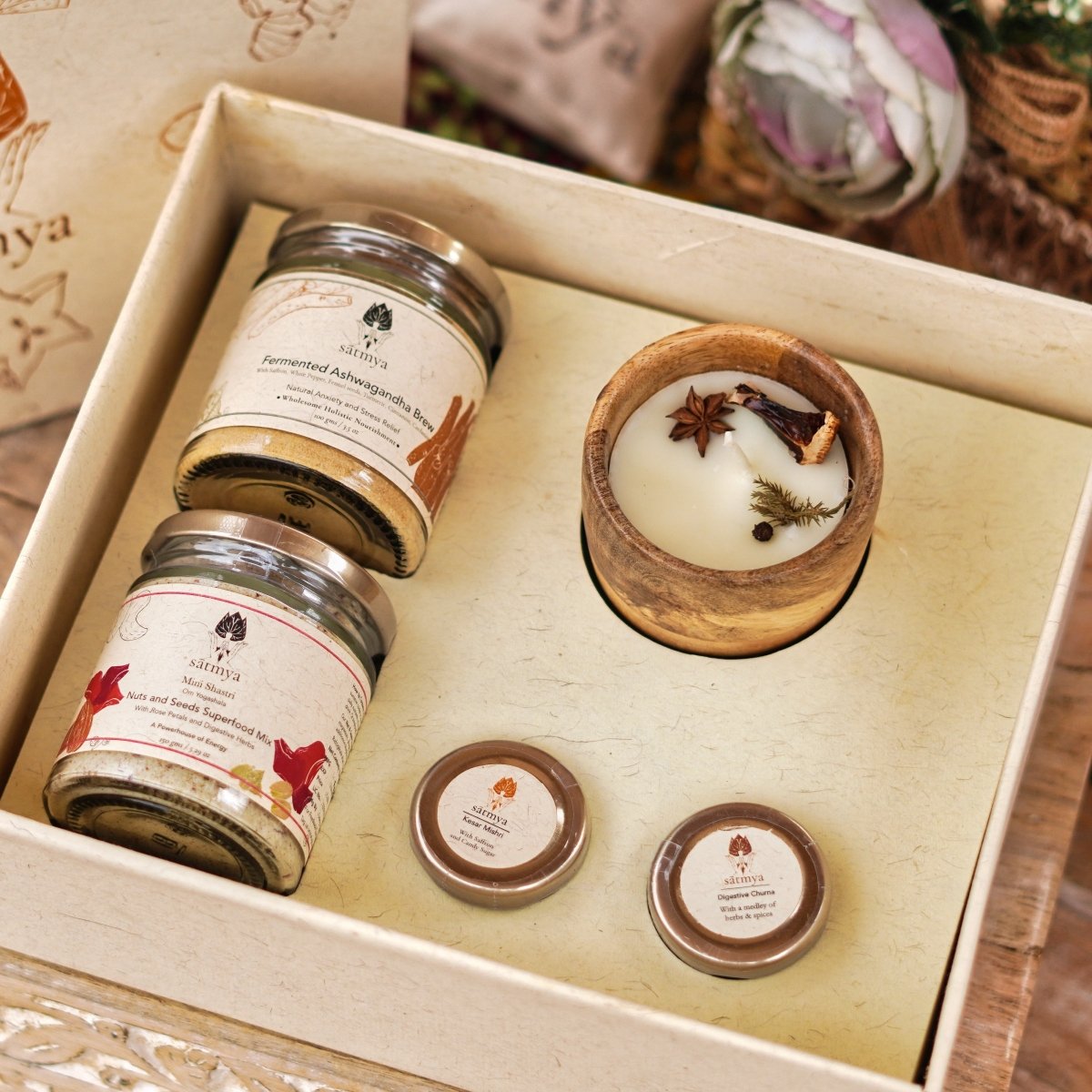
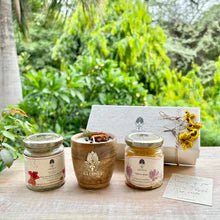
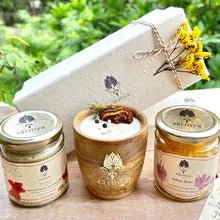
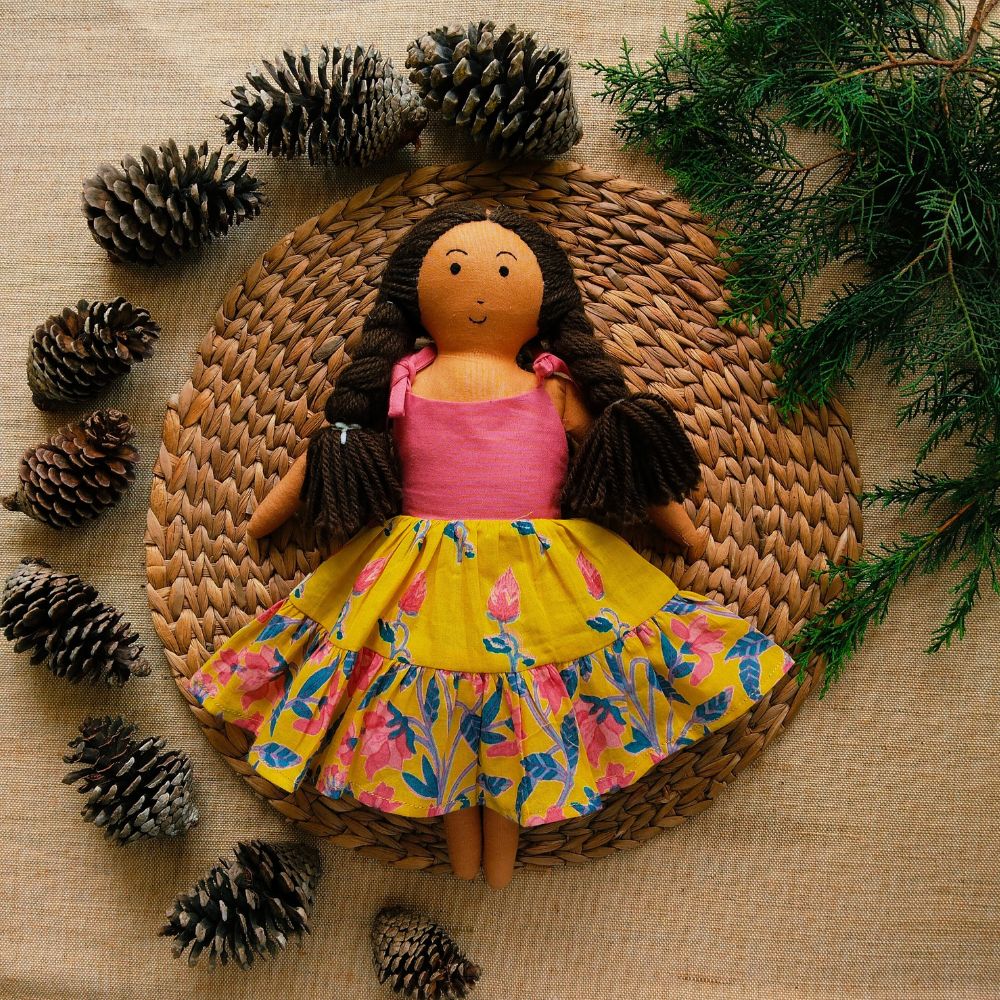
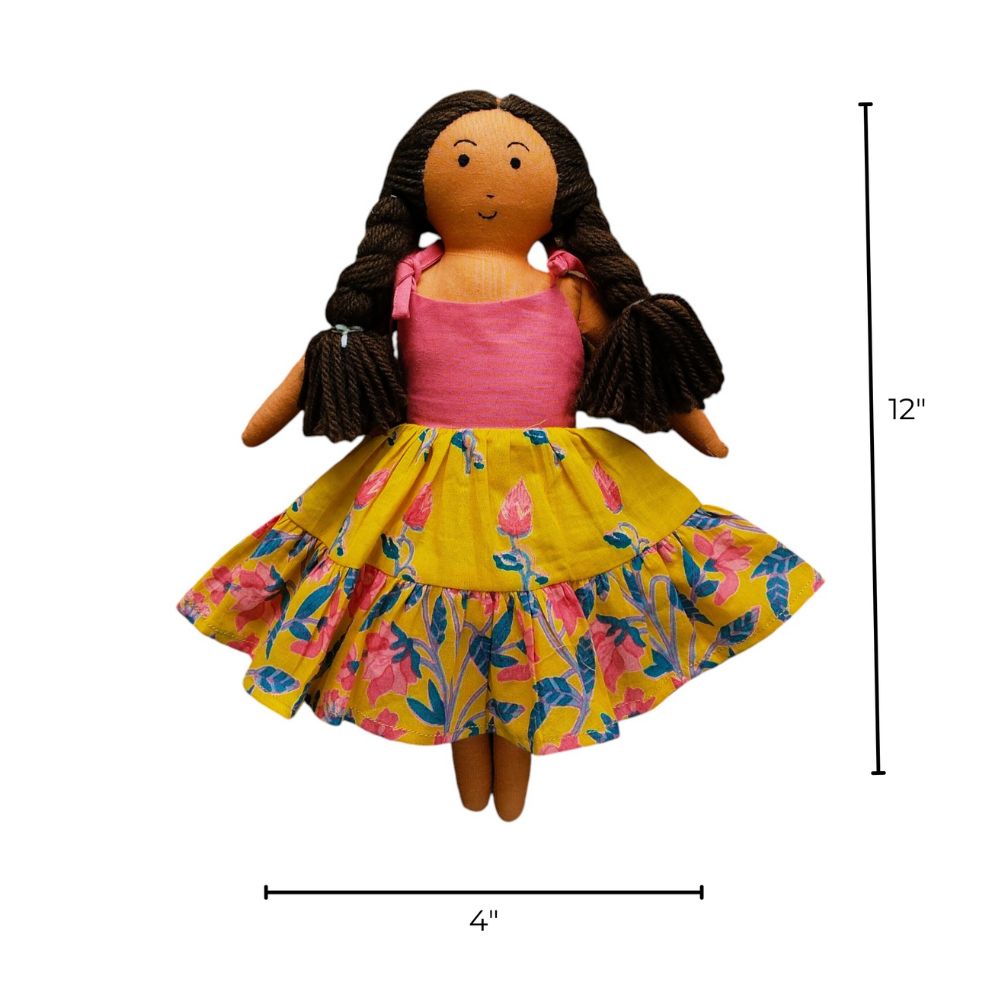




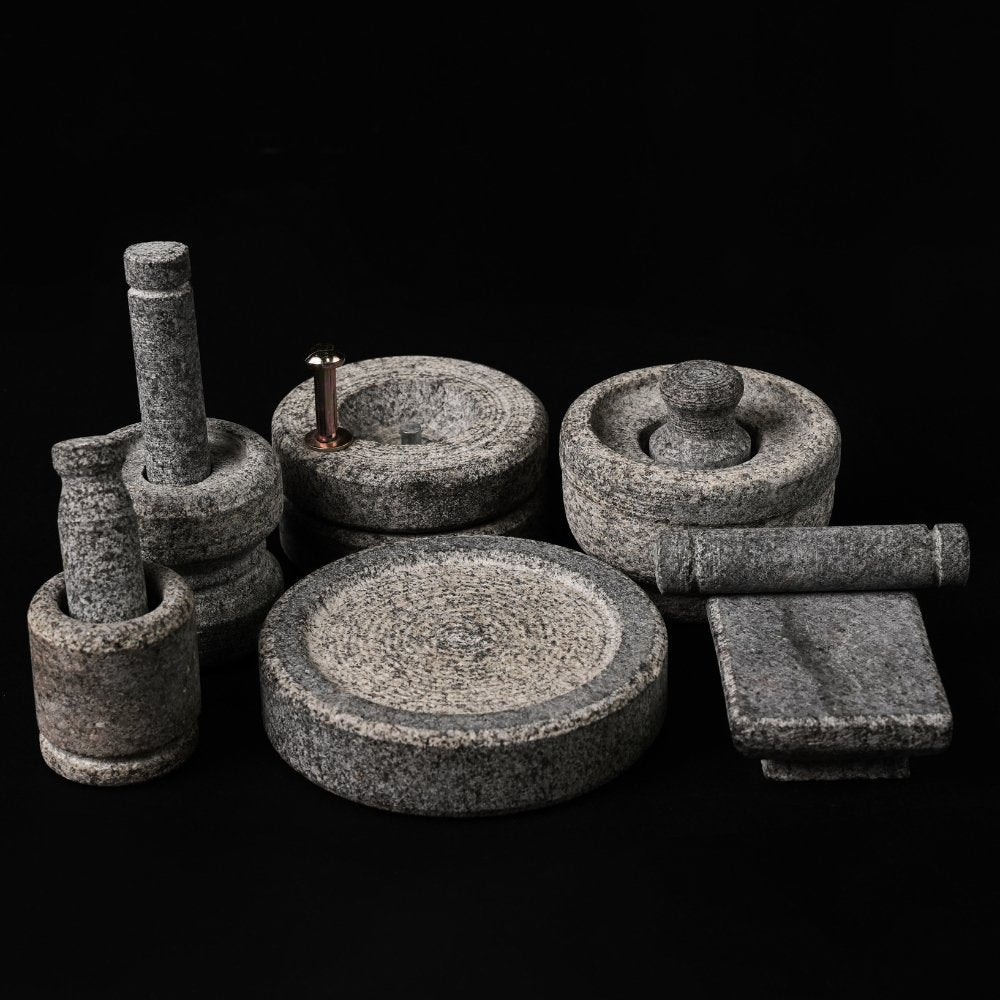




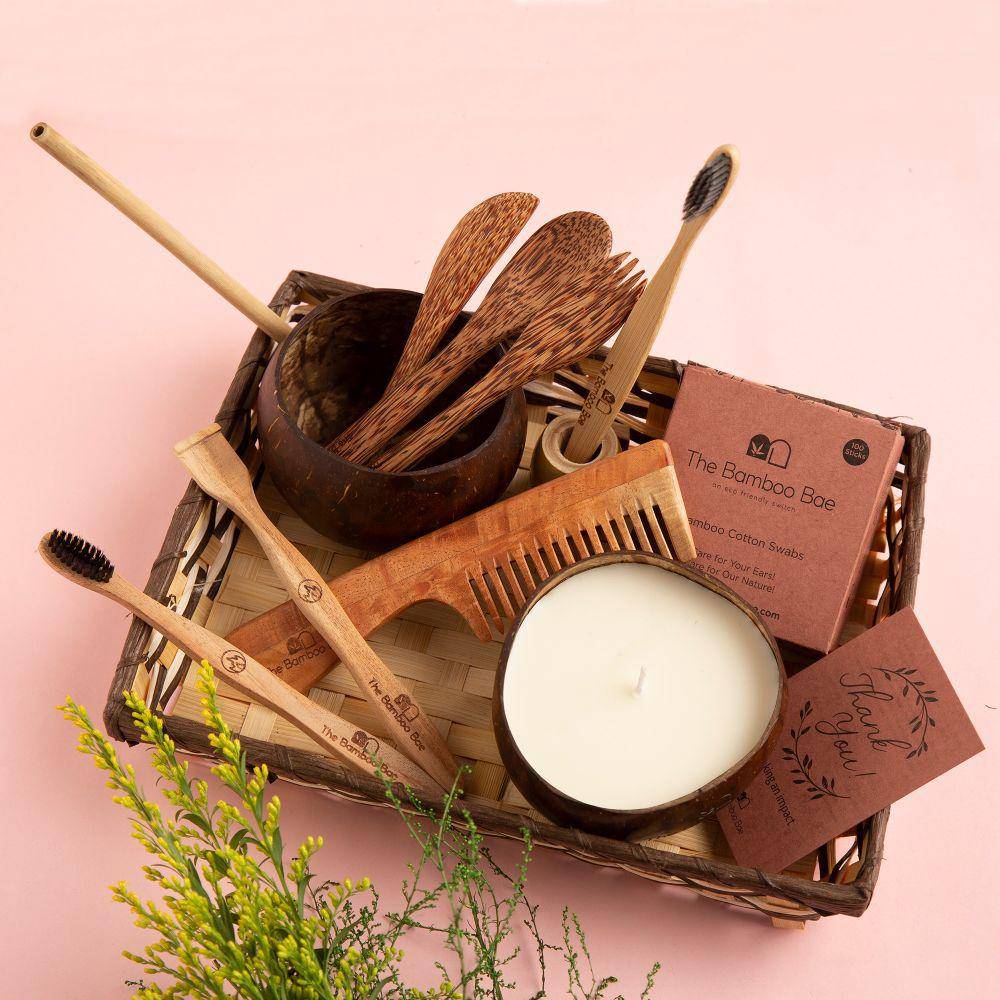


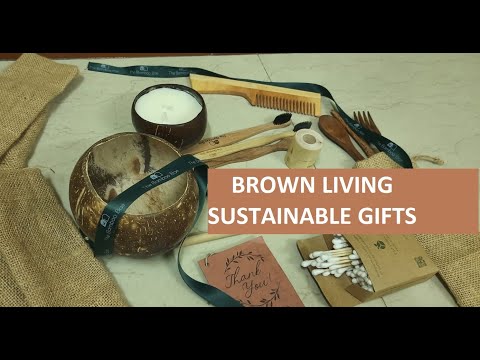



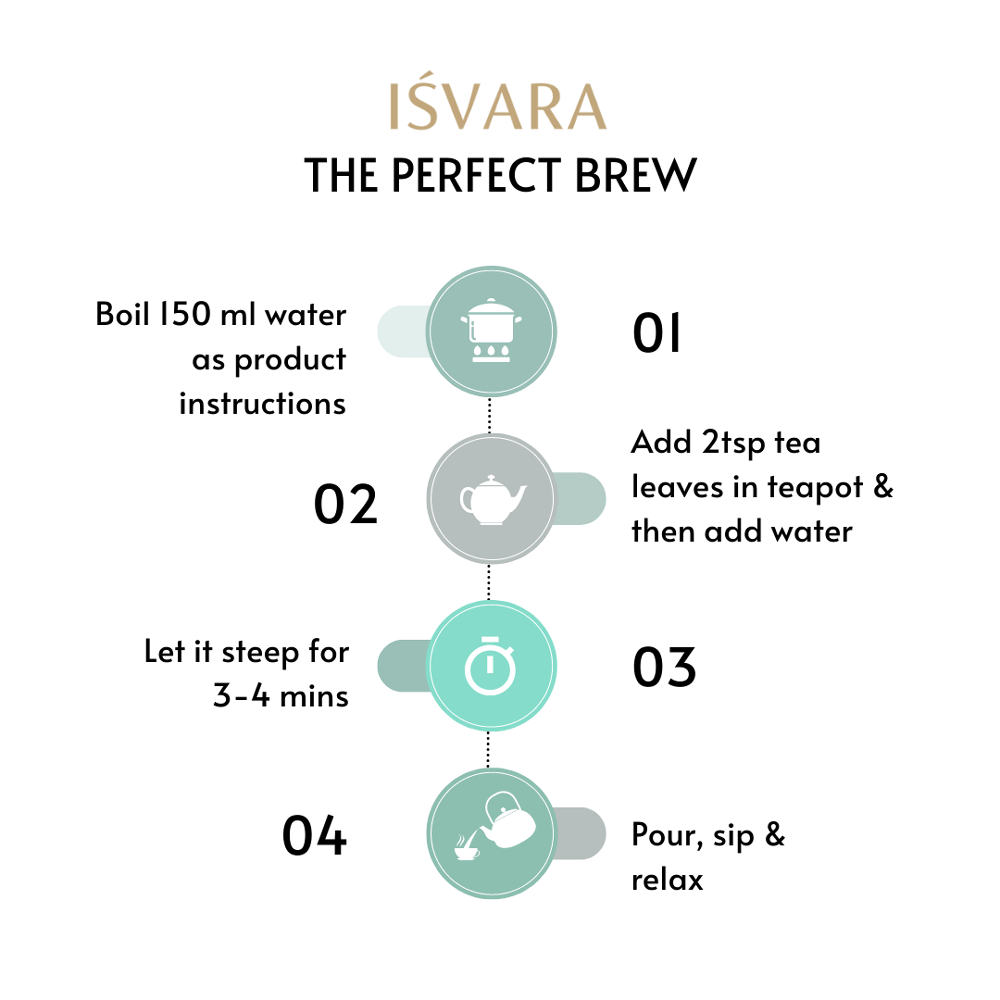
Share:
Neem Wood Combs: The Natural Solution for Healthy Hair and a Healthy Planet
Fresh Breath, Clear Conscience: The Benefits of Switching to Plastic-Free Chewing Gum